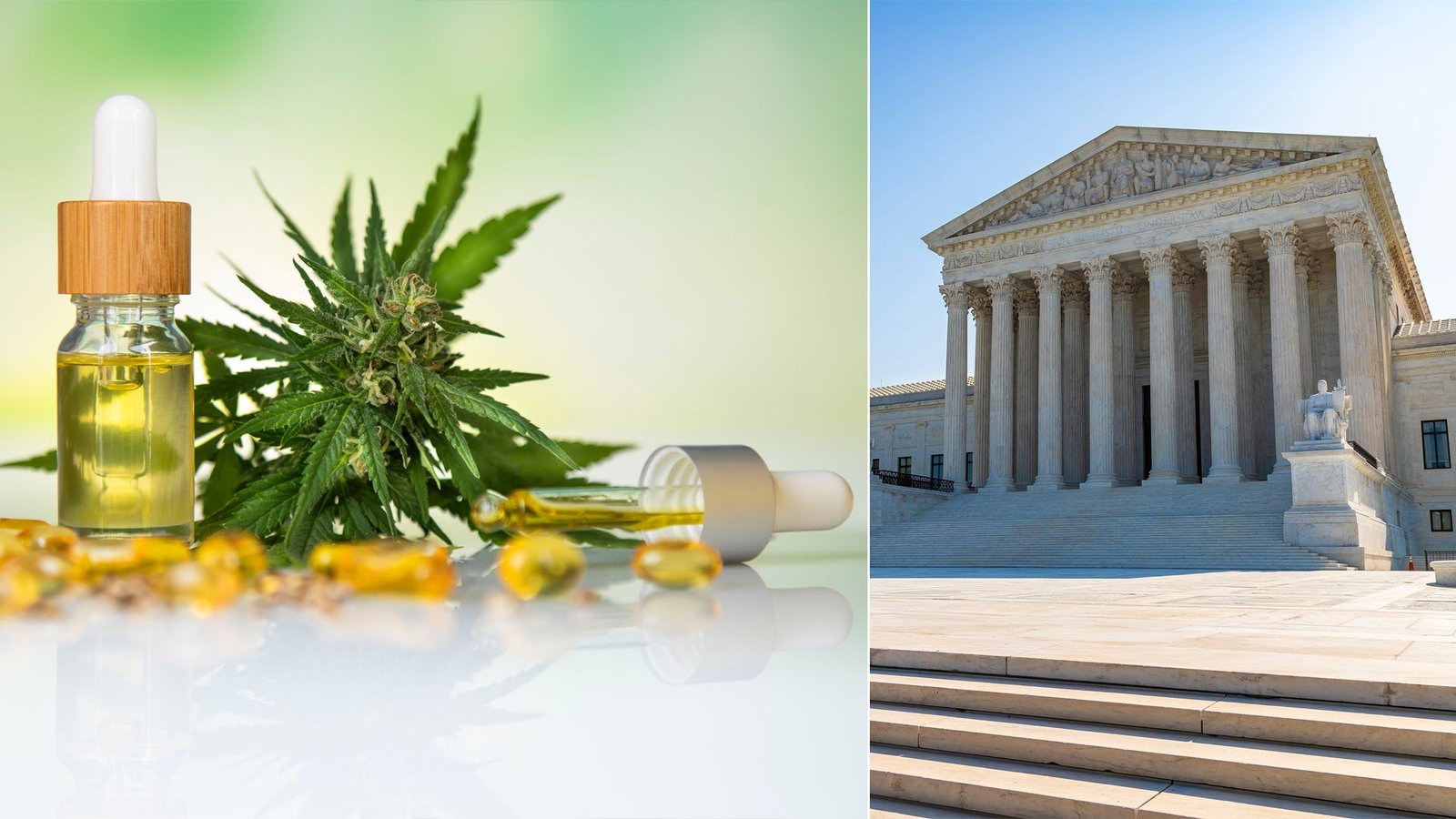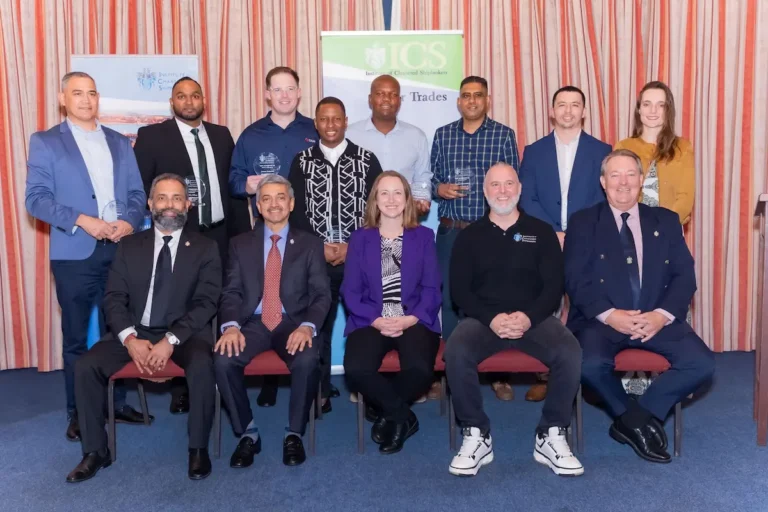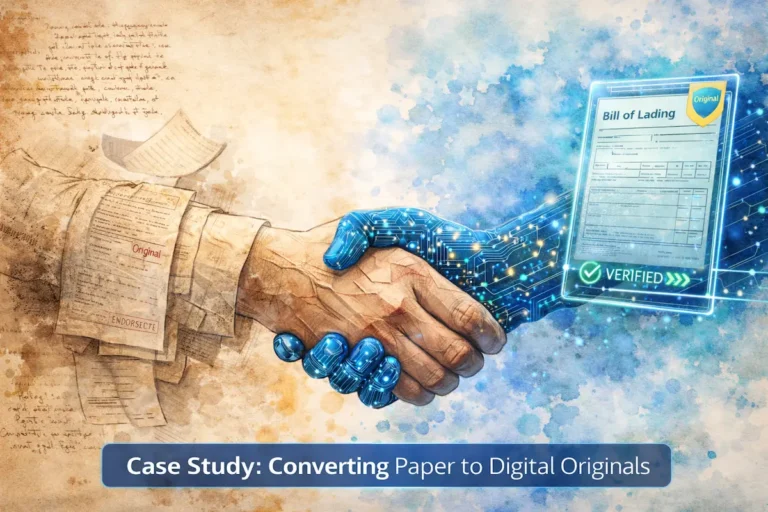A truck driver who lost his job after failing a test for marijuana was victorious at the U.S. Supreme Court Wednesday in a lawsuit against the provider of a product that was marketed as free of the ingredient that creates a high.
Douglas Horn was fired from his job as a truck driver in New York in 2012 after he failed a drug test that was traced back to his ingestion of a CBD product called Dixie X. The manufacturer of Dixie X was a company called Medical Marijuana, which had touted the product for its ability to relieve pain.
Horn had suffered an injury that year in a crash. His research brought him to Dixie X, which Medical Marijuana said contained cannabidiol (CBD) but no tetrahydrocannabinol (THC), the ingredient that is targeted in testing because it is what creates a marijuana high.
But Horn flunked a marijuana test given to him by employer Enterprise Transportation Co. and was fired. He was driving as a team with his wife, who then quit her job rather than be on the road by herself.
Horn sued Medical Marijuana under the Racketeer Influenced and Corrupt Organizations Act (RICO).
The issue before the court – oral arguments were heard in October – was whether the suit Horn filed against Medical Marijuana was eligible for the treble damage payments – three times whatever a judge or jury would determine should be paid as damages – that are a feature of penalties under RICO.
Vote was close
In a 5-4 decision, with the majority opinion written by Justice Amy Coney Barrett, the court ruled that Horn could collect treble damages, and sent the case back to the 2nd U.S. Circuit Court of Appeals.
The 2nd Circuit had ruled in Horn’s favor also, reversing a lower court decision.
The question before the court was whether Horn could be said to have been injured by his dismissal in a way that would be seen as eligible for treble damages under RICO.
RICO, according to Barrett’s opinion, which quoted the statute, “creates a cause of action for ‘any person injured in his business or property’ by reason of a criminal RICO violation.”
But recapping what had occurred in lower courts, Barrett noted that the District Court in New York had ruled in favor of Medical Marijuana’s claim that Horn’s injury – his lost employment – was from a “personal injury.” The District Court held that RICO “forecloses recovery not only for personal injuries but also for business or property harms that result from such injuries,” according to Barrett’s recap.
But the Second Circuit reversed that decision.
Medical Marijuana appealed the Second Circuit decision.The end result is that a case involving a lone truck driver wound up in the rarefied air of the less than 2% of appeals to the Supreme Court that are accepted for review.
“The sole question before the Court is whether civil RICO categorically bars recovery for business or property losses that derive from a personal injury,” Barrett wrote.
In her summary of the 61-page opinion (which includes a dissent from Justice Clarence Thomas), Barrett says her decision does not address whether Horn suffered injury. But on the issue of damages, she writes, “A plaintiff can seek damages for business or property loss regardless of whether the loss resulted from a personal injury.”
With the lower court having granted summary judgement to Medical Marijuana and then the 2nd Circuit reversing on the issue of treble damages, the actual damages Horn may be able to collect from Medical Marijuana have not been adjudicated. Barrett’s remand order puts the case back into the 2nd Circuit.
Horn still has things to prove
In her expanded discussion of the case, Barrett suggests that Horn, despite his victory at the Supreme Court on what amounts to a legal question, does not necessarily have a clear pathway to winning when the lower courts take up the case again.
She says Horn’s interpretation of a “direct” relationship between his ingestion of Dixie X and his injuries may not meet RICO’s test of a direct relationship between the alleged actions of Medical Marijuana and Horn’s injuries.
“Given the number of steps in Horn’s theory and the multiple actors involved, this requirement [the question of direct relationship] may present an insurmountable obstacle in his case,” Barrett writes. “Indeed, even Horn concedes he faces a heavy burden on remand. There is, after all, some distance between the first link in the chain [Medical Marijuana’s misrepresentations] and the last [Horn’s job loss.]
The decision also says RICO involves more than just pointing out a harm. “Doing so requires identifying two or more predicate crimes ‘within a single scheme that were related and that amounted to, or threatened, the likelihood of continued criminal activity.’” Barrett writes, citing a precedent. “Harm resulting from a single tort is not a ticket to federal court for treble damages.”
“Not ever monetary harm – be it lost wages, medical expenses or otherwise – necessarily implicates RICO,” Barrett adds.
She does express concern that a law primarily aimed at mobsters has been widened in civil courts to those engaging in a far larger number of behaviors. But fixing that needs to be the job of Congress, Barrett wrote.
The dissenters besides Thomas were Chief Justice John Roberts and Justices Samuel Alito and Brett Kavanaugh. The latter summed up the minority view in his own dissent that was joined by Alito and Roberts.
“A plaintiff cannot circumvent RICO’s categorical exclusion of personal-injury suits simply by alleging that a personal injury resulted in losses of business or property, thereby converting otherwise excluded personal-injury suits into business- or property-injury suits,” Kavanagh wrote. “If the rule were otherwise, as plaintiff Horn advocates here, RICO would federalize many traditional personal-injury tortsuits.”
More articles by John Kingston
FreightTech companies spotlight new or enhanced products for TCA crowd
Clash on legal status of California transportation waivers highlighted at TCA
Carriers big and small at TCA wait for signs of freight market turnaround













